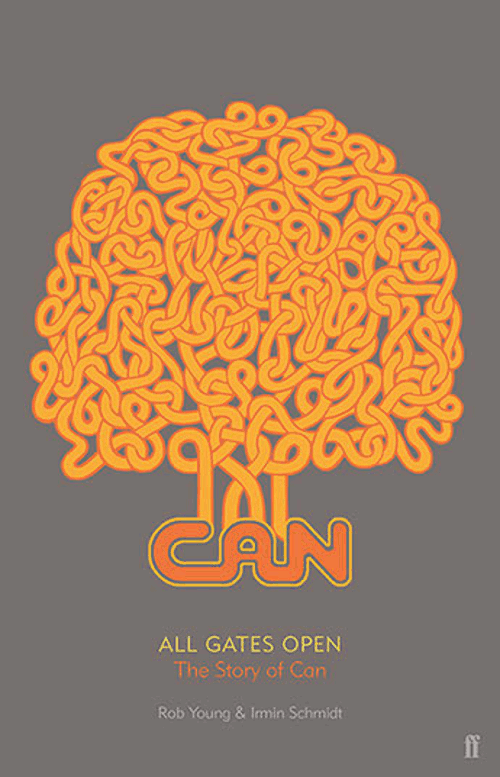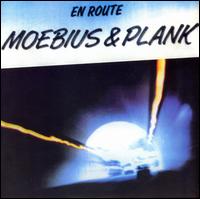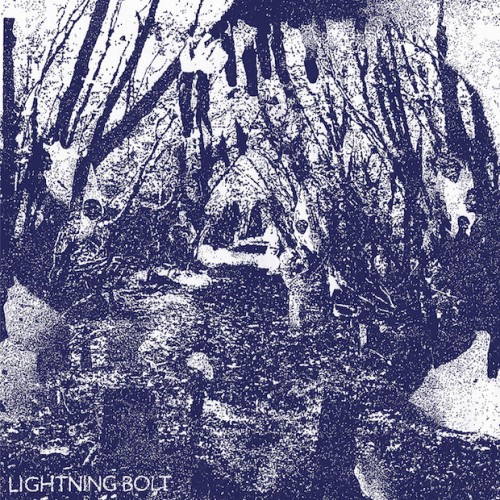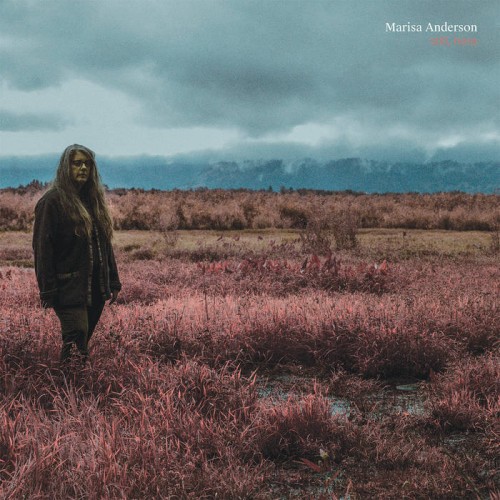 tl;dr – you probably need this book if you’re a fan of Can. You probably need it if you’re a fan of well-written things about music. STRONG TRIGGER WARNING – contains Bobby Gillespie.
tl;dr – you probably need this book if you’re a fan of Can. You probably need it if you’re a fan of well-written things about music. STRONG TRIGGER WARNING – contains Bobby Gillespie.
So a qualification upfront – despite really liking Can, I wouldn’t describe myself as an expert; I’m most familiar with Tago Mago, haven’t listened to the complete canonical catalogue (let alone the extended posthumous catalogue or the masses of solo works) and have a definite preference for the Damo Suzuki era. Having said that, I’m reviewing the book rather than writing the thing. Heaven for small mercies etc.
There’s a bit of a dénouement in terms of the structure of the book, but I’ll get to that in a bit. The book that you’re probably expecting is better than it should be, and as good as Can deserve — it captures the diffuse sources of Can, it recognises their complexity (rather than merely re-gurgling about krautrock); there’s plenty of biographical detail, early life stuff, later life stuff, context, partners, artists, managers — all the composite parts are here, dancing around. A bunch of lazy journalistic tropes are put to bed — Hans Joachim Irmler of Faust confesses he’d never met Can until well after they were gone. (Interestingly, there’s talk of how Can and Faust were seemingly on rotation with their UK tours — when one was there, the other wasn’t).
I suspect this book is as much a product of irritations and agitations surrounding previous literature on Can, but having not read those, I shouldn’t comment. But insofar as this could’ve easily been a re-hash of well-known contextual stuff about Can — student protests, hippies, post-war Germany, movements in (white) rock music — All Gates Open really operates with a surgeon’s precision and concision. No mean feat at a hefty 550+ pages.
While the “play more repetitively” of Jaki Liebzeit is indulged a fair amount, there’s enough here describing why that was imperative to Can’s music and methods. Moreover. I’m often left with the impression from journalism around Leibzeit that Can’s drumming is considered (cough) motorik or precipitous to a bunch of electronic genres; this book puts him in a different tradition, and opens up the wealth of variation in his drumming. While Leibzeit was opposed to the sort of free playing that he came from, he also wasn’t pugilistic or facile in his syncopations.
There’s necessarily an element to writing about a band that’s exploitative — insofar as I’m imputing a perspective on a book with this writing, so too does Rob Young impute his own narrative upon his exhaustive research on Can. But there’s a line he could easily have crossed, around speculation to do with Suzuki’s later disengagement from the band, and his reticence to retrospect on Can; and to Young’s credit he doesn’t contravene Suzuki’s express wishes, merely states them plainly and without further speculation. Within the context of this book such speculation wouldn’t have been unwarranted, but it’s also not necessary, so a real tip of the cap in Young’s direction there. I have the strong suspicion that whatever help and support the band (or estate) gave the book is due to Young’s sincere respect for the band as people.
If it sounds like I’m gushing, it’s definitely because I’m gushing.
Probably the most satisfying bit of the Schmidt section is the conversations with other artists — so Wim Wenders gives his cinematographic perspective, Peter Saville lucidly articulates Can’s (arguably somewhat weak) visual aesthetic, John Malkovich gives some chat for some reason, Mark E Smith… well, you know what he was like…, Geoff Barrow from Portishead neatly articulates a bunch of stuff that’s as much about his relationship to hip-hop as it is Can. You get these interrogations of Can from a load of perspectives, in a fairly unrushed and loose sense, fitting to Can’s methods — never quite a Fluxus-esque anything goes, but as much about enacting anarchy (the anarchy of political theory, rather than the anarchy of lazy rhetoric) as a technique of revelation.
But that asides — yeah, seriously fucking amazing book. The folk I know who are into Can are already on the waiting list for this book, so I’m sure those folk won’t be disappointed; I can’t imagine many folk being disappointed, to be entirely honest — on so many levels it hits hard. There’s just enough purple prose to stop it being fusty, while just enough scholarly research to stop it being flimsy; the tone’s light and quick and in the unturning of stones there’s obviously been a judicious amount of thinking about making a suitable testament to an astonishing band. A labour of love but not a fetish of rockism. Big up the writers, innit.
-Kev Nickells-



